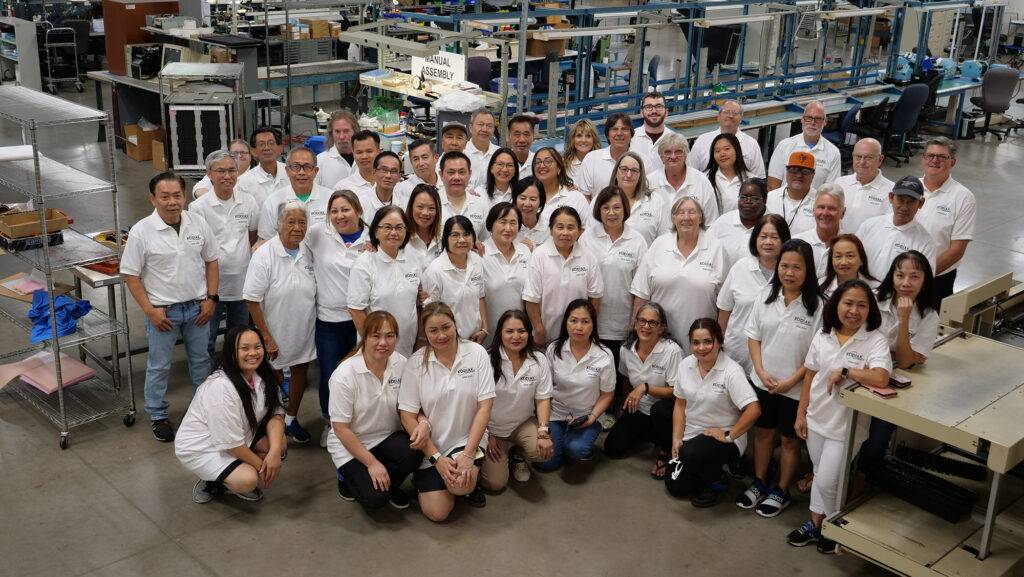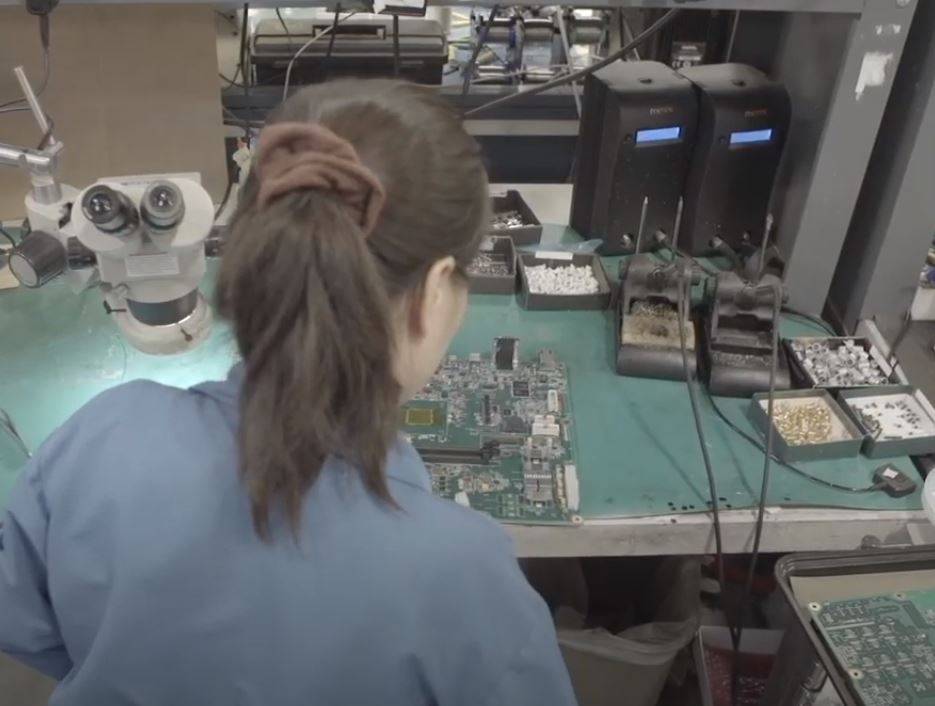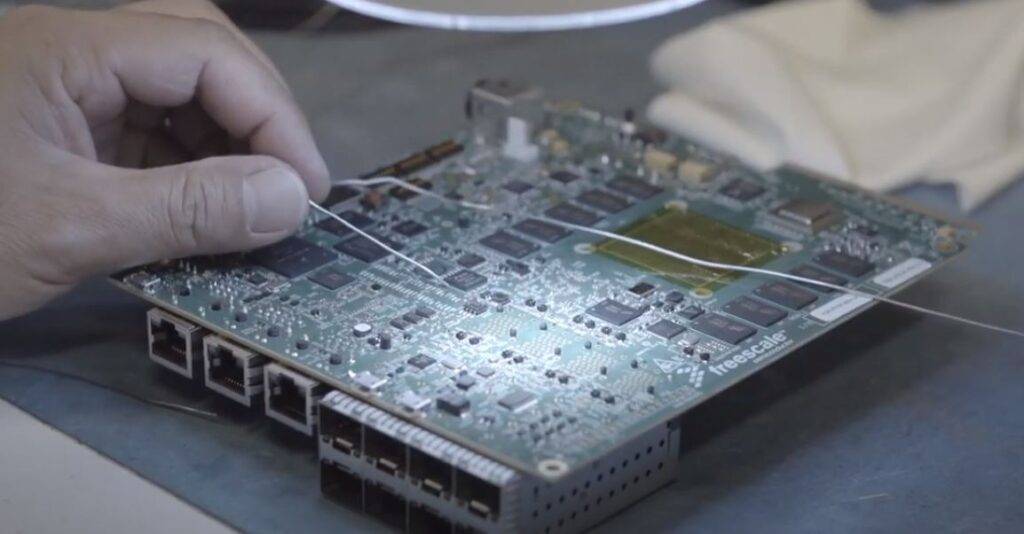Why Transparency is Important for Business During the Shortage

Lead times for scarce components continue to grow as a result of the demand from high volume consumer market – partly due to society’s continuous infatuation with the newest smart gadgets and companies’ continued manufacturing of the latest and greatest products.
How can all of the electronic components be consumed by many small gadgets? To put it in perspective, a brand new smartphone can include up to 1,000 of these tiny components that are becoming scarce as the competition for consumers’ attention and money heats up.
Despite the widely talked about the shortage, manufacturers were (and still are) hesitant to add more capacity. In the beginning, there looming suspicion led them to question where the increase in demand was real and they’ve learned from harder times that this solution doesn’t always work out in their favor, so many continue to ride out the shortage for as long as it will take them. Lead times for some components are several months long – some even a year – and the shortage for specific parts, such as MLCC continue to impact the industry in big ways.
Now, prices are starting to increase due to the impact of these shortages – and the impact that tariffs have had and will continue to have on the industry. With the uncertainty wavering, questions continue popping up: why isn’t capacity being added? How far will prices go? How did we get here and when will it end?
With the tightened market in such a volatile and fragile place, it’s incredibly important to keep a high level of transparency with your vendors and your customers.
1. Sudden Change is Hard to Accept
Unless you’re in the very core of this shortage, it can be hard to wrap your brain around how something is always available and suddenly the supply disappears. Change is hard to accept in any circumstance, but especially when your product or business relies on it. Transparency during this time is crucial because change can be hard to understand. Ensure you communicate clearly and as honestly as possible with those affected – vendors, customers, etc.
2. Going Dark Could Hurt Relationships with Vendors, Customers
With no new changes in the ongoing component shortage, sometimes you just don’t have a lot of information to relay – but that doesn’t mean your communication should go dark. Staying in touch with customers, vendors, and other stakeholders can ensure your relationship remains in a positive place – no matter what is happening in the industry.
3. Transparency Encourages Proactivity
Honesty and transparency are key to retaining a positive relationship with your external stakeholders. In many ways, the goal of being transparent with your customers and vendors can encourage proactivity in relaying messages and communication with them. This is beneficial to any business in that it keeps them ahead of the curve, instead of being reactive when things go awry.
4. It Keeps You Relevant Amidst Industry Chaos
Between the electronics component shortage and tariffs on products from China, it’s easy to understand how your brand can be forgotten amidst everything happening. Not to mention, communication and transparency can be heavily weighed when choosing a manufacturer or supplier. Maintaining consistent communication can also open up the opportunity for your business to become a source for news and information in the manufacturing industry, further contributing positively to the relationship with stakeholders.
From topics like the component shortage to tariffs at the forefront of the manufacturing industry, the decisions you make now will affect your company’s longevity and success. If you have questions regarding orders, supply, and more, contact us now.



